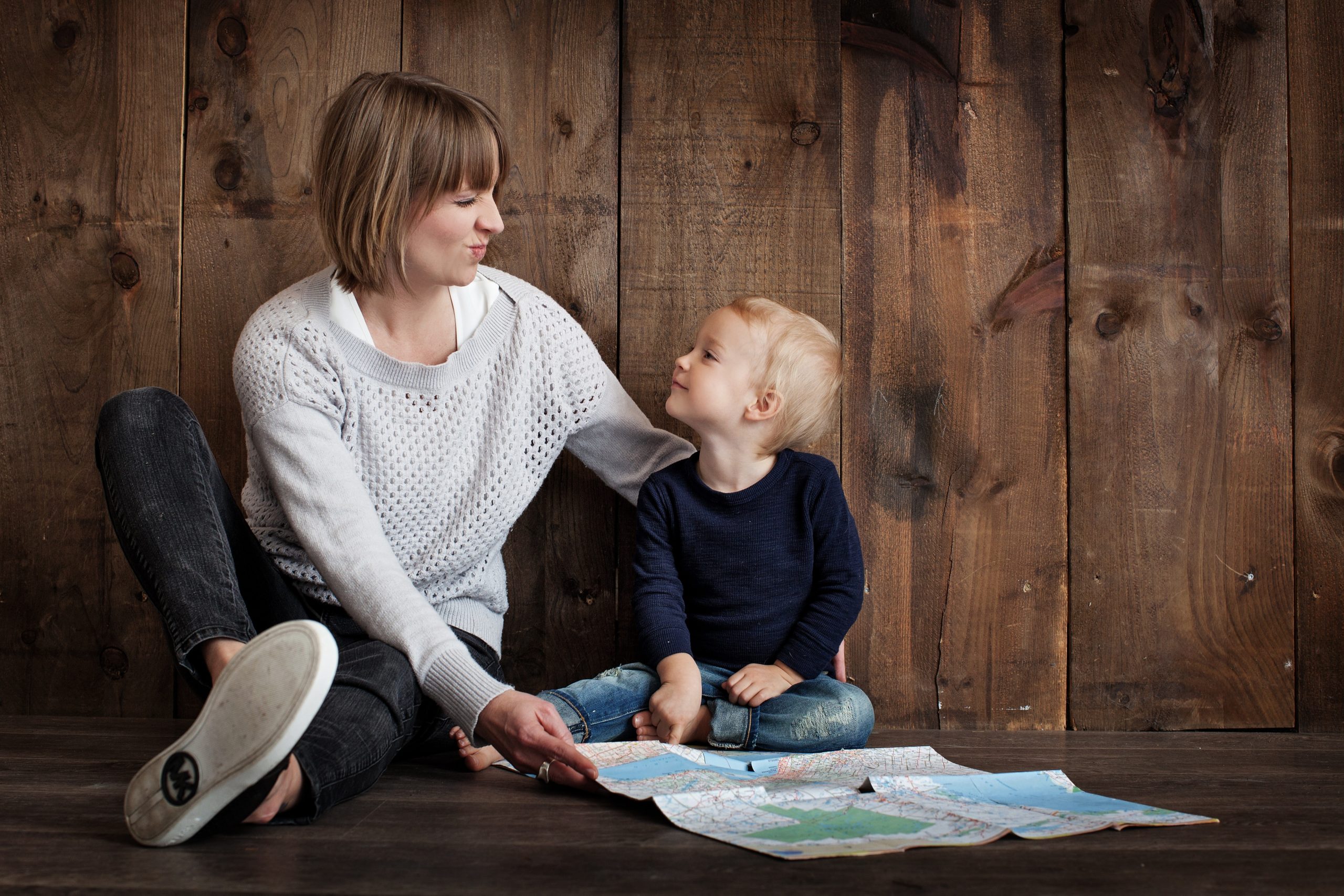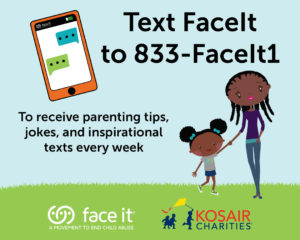
21 Dec How ACEs Affect Parenting: A Mother’s Perspective
By Kayce Dallas
 If parenting wasn’t hard enough, parenting with Adverse Childhood Experiences adds even more challenges. Studies show that children of parents with 4 or more ACEs were:
If parenting wasn’t hard enough, parenting with Adverse Childhood Experiences adds even more challenges. Studies show that children of parents with 4 or more ACEs were:
– 3 times more likely to have behavioral problems
– 1 times more likely to have ADHD
– 2 times more likely to have an emotional disorder.
One mom shares her experience parenting while combatting her own ACEs.
“I grew up in a home where I never felt safe, loved, or supported. I was called names, yelled at constantly, and felt like I was always walking on eggshells. When I found out I was pregnant with my first child, I was afraid. I did not know how to be a parent. One thing I did know was that I wanted my children to always feel loved, safe, and supported. In order to do this though, I had to consciously make it a habit to say things like ‘I love you’ and ‘I am proud of you.’ It made me uncomfortable at first because it is something I had never done, but I knew the importance and significance of this conscious action.”
When asked how her ACEs affected her parenting she said,
“Because I was abused, I was hypersensitive to those who my children were around. I never hired a babysitter and hardly ever let my children spend the night away from home. My trauma caused me to have a mistrust in people and a fear that something similar would happen to my children. When I had to decide whether to breastfeed my children, I was afraid it would be a trigger and I would not be able to bond with my babies.”
The advice she would give to other parents like her: “Remember there are other people like you. You are not alone. Find a support group to share your story or get professional help. It is important to talk about what you have gone through.”
It is clear that more research is needed to better understand the effects of a parent’s ACEs on their children. Resources specific to helping parents combat their own ACEs while raising their children are needed to stop the cycle of intergenerational ACEs and trauma. It’s important to remember that parenting is complicated and there is no such thing as a perfect parent. Do whatever you need to take care of yourself while caring for your children.
“We all have challenges in our lives, something that is hard, and maybe has a little bit of shame around it. And if we allow that shame to silence us, we miss out on that opportunity to connect, to heal, to normalize and validate our experiences. Whatever that thing is for you, whatever you are dealing with, I hope that you will reach out and find at least one other person who has had that same experience, and just have a conversation. Because healing happens in community.”
– Joelle Brandt
Photo courtesy of Pexels.com




